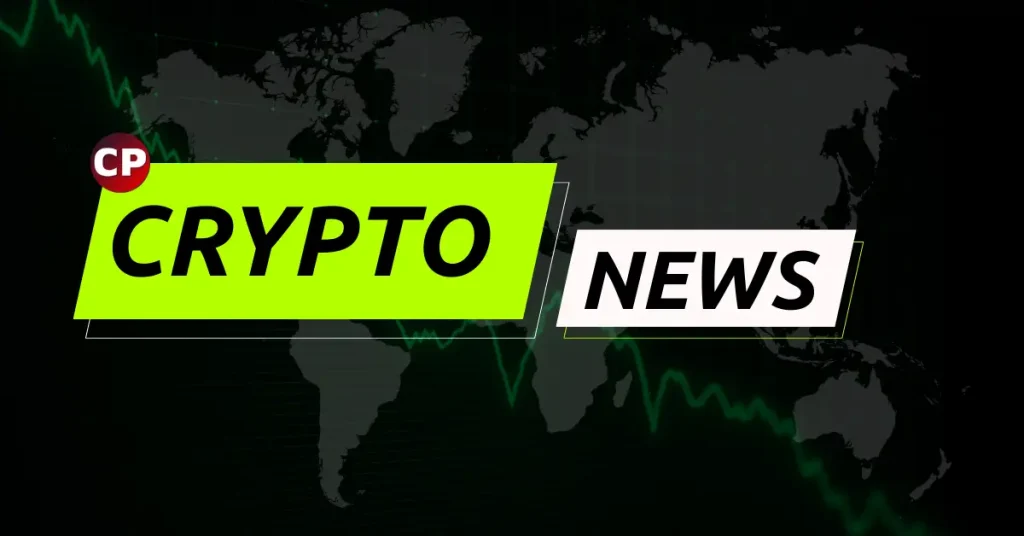ARTICLE AD BOX
Samson Mow, CEO of Jan3 and a staunch Bitcoin advocate has emerged as a vocal challenger to JP Morgan CEO Jamie Dimon’s skeptical stance on BTC.
“There are cryptocurrencies that do something, that might have value. And then there’s one that does nothing, I call it pet rock. The #Bitcoin, or something like that,” says @JPMorgan CEO Jamie Dimon. “It has some use cases. Everything else is people trading among themselves.” pic.twitter.com/EnUBuIEHkI
— Squawk Box (@SquawkCNBC) January 17, 2024
Mow, known for his ambitious prediction of Bitcoin reaching “$1 million per BTC,” criticized Dimon’s view, advocating for a more adaptive approach towards crypto by the banking sector.
Samson Mow’s Counterargument: Embracing Bitcoin As A Banking Future
This criticism from Mow comes as a response to Dimon recently voicing strong reservations about BTC in an interview. He characterized the crypto as predominantly a medium for fraudulent activities and money laundering and advocated no involvement in the asset. Dimon noted:
I defend your right to do Bitcoin…It’s OK. I don’t want to tell you what to do. My personal advice is don’t get involved.
As a result of these remarks by Dimon, Mow argued that banks, including JPMorgan, could significantly benefit from offering BTC-related services. He suggests that banks could “flourish” in the new financial era by transitioning into “Bitcoin banks,” thereby staying relevant amid the evolving landscape of currency and finance.
So if Dimon actually had any sense, he would transition JPM to be a #Bitcoin bank and stop talking nonsense about the only thing keeping CBDCs in check and preventing them from utterly eradicating his business.
— Samson Mow (@Excellion) January 17, 2024
Contrary to Dimon’s assertion that BTC primarily facilitates fraudulent activities, Mow emphasized BTC’s potential. He sees it as an opportunity for banks to secure their future rather than a threat.
This perspective challenges the traditional banking model and highlights the inevitability of changes like money and financial services. Mow’s argument implies that denying BTC’s emerging role as a legitimate form of money is tantamount to refusing to recognize the ongoing evolution of the financial ecosystem.
The Bitcoin advocate noted:
Banks exist to help people manage money. If money has changed, then the banks must also change – if they want to be relevant. Bitcoin is money now. Denying that is just being highly vanguarded.
Industry Voices Challenge Dimon’s Criticism
Mow’s position found an echo in Edward Snowden, the famous US whistleblower. Snowden expressed surprise at Dimon’s intensified criticism of BTC, especially after the US Securities and Exchange Commission’s (SEC) approval of spot-based Bitcoin exchange-traded funds (ETFs).
Wild how the @SECGov approving a #Bitcoin ETF was all it took to transform the CEO of @JPMorgan from the King of Money into that guy who spends one half of every interview insisting “I don’t care about Bitcoin,” and the other half sobbing that it stole his wife and shot his dog.
— Edward Snowden (@Snowden) January 17, 2024
Furthermore, during the interview, Dimon also referred to BTC as a “pet rock.” Stating:
There are cryptocurrencies that do something, that might have value. And then there’s one that does nothing, I call it pet rock. The Bitcoin, or something like that.
This statement was also criticized, with Michael Saylor, the head of MicroStrategy, responding with sarcasm, highlighting BTC’s intrinsic value as a decentralized asset that provides security against “debasement and theft.”
If you encounter a strange new asset (“Pet Rock”) circulating on a blockchain that “does nothing” other than allow people to own something they can “trade among themselves” without fear of debasement or theft, you have just discovered digital money. #Bitcoin
— Michael Saylor (@saylor) January 17, 2024
(@saylor) January 17, 2024
Amid the ongoing debate and Dimon’s skepticism, BTC’s market trajectory shows signs of volatility. At the time of writing, BTC’s price had declined nearly 1% in the past 24 hours and experienced a more significant drop of nearly 10% over the past week.
Featured image from Unsplash, Chart from TradingView
.png)
 1 year ago
11
1 year ago
11








 English (US)
English (US)